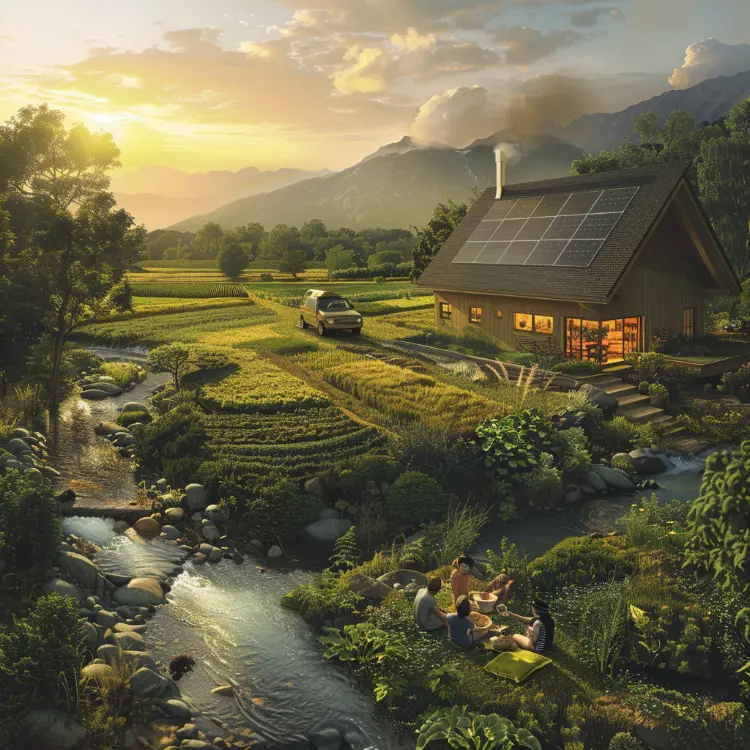Survival hinges on certain fundamental needs: food, water, shelter, and security. These essentials are not just vital for sustaining life but also for fostering societal progress and innovation. This article delves into the nuances of these basic needs, their evolution, and their impact on human development, supported by relevant data and statistics.

Access to clean water and nutritious food is paramount for survival. According to the World Health Organization, over 785 million people lack basic drinking water services, and about 820 million people worldwide do not have enough food to eat. Malnutrition and waterborne diseases claim millions of lives each year, underscoring the critical nature of these resources.
Shelter provides safety, privacy, and protection from the environment. The United Nations reports that as of 2020, approximately 1.6 billion people live in inadequate housing conditions. Shelter is not merely a physical structure but a crucial element for personal security and health.
Security is essential for stable human development. It involves protection from harm, access to justice, and the freedom to live without fear. The Global Peace Index 2021 highlights that nations with higher levels of peace experience better economic performance, more innovation, and higher levels of well-being.
Historically, necessity has spurred innovation. The development of agricultural technologies, water purification methods, and construction materials has dramatically improved the quality of life. For instance, the introduction of genetically modified organisms (GMOs) has significantly increased food production, addressing food shortages in many parts of the world.
While comfort may seem less essential, it plays a vital role in psychological health and overall well-being. Comfort can be as simple as the warmth of a well-heated room or the psychological relief provided by stable housing and a supportive community environment.
Luxury items, though not essential for survival, reflect a society's economic and cultural development. For example, the automobile industry has evolved from producing basic transportation to offering luxury features that enhance comfort and prestige. The luxury market often drives innovation that eventually becomes mainstream, enhancing everyone's quality of life.
The line between necessity and luxury continues to blur. Innovations that were once considered luxuries, like smartphones and personal computers, have become essential in today's digital age. As technology advances, what we consider a luxury today might become tomorrow's necessity.
Understanding and securing the basic needs of food, water, shelter, and security are crucial for survival and human progress. Comfort and luxury, while not essential, play significant roles in enhancing life quality and driving innovation. As society evolves, the definitions of necessity, comfort, and luxury will continue to change, shaping the future of human development.
For more detailed insights on global water access, visit the World Health Organization and for information on global peace and security, check the Global Peace Index.

Victimized Individuals Education
Development of the educational framework with individualized mental health assessment pattern may formerly cover the evaluation of perception of whole.
Understanding the Scope and Impact of Victimization: Insights from National Surveys
Victimization surveys provide crucial data on the prevalence and types of crimes affecting individuals, spanning from property theft to violent assaults. These surveys are essential for understanding the scope of crime, its impact on various demographics, and the effectiveness of law enforcement policies. By examining both the frequency and nature of these incidents, researchers can offer valuable insights into patterns of crime and victimization across different communities.
The Awakening By Kate Chopin
Kate Chopin's 'The Awakening' was a real bestseller at the turn of the 19--20 centuries.